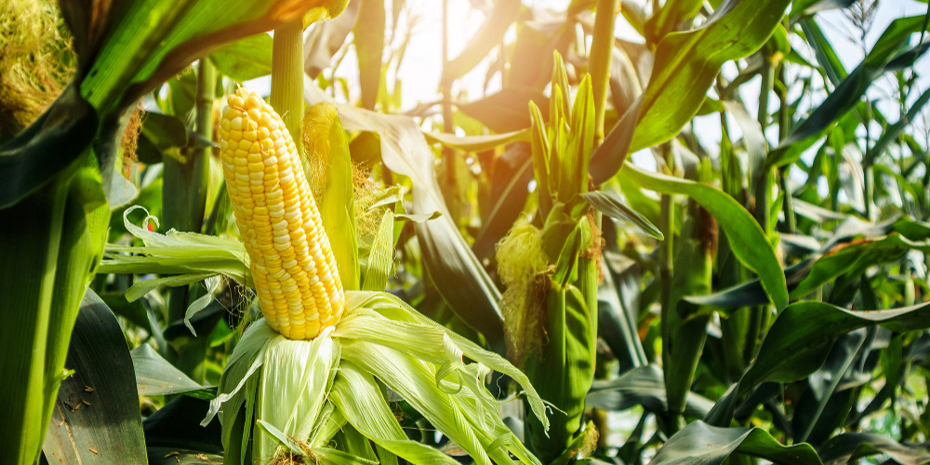FDI in manufacturing rises by $644m, says NBS

Despite a shrinking overall foreign investment trend in Nigeria, the manufacturing sector saw a significant upsurge in 2023, attracting $1.5 billion, the highest among all sectors. This represents a 39% share of the total foreign investments received that year. However, compared to 2022, foreign investments in Nigeria dipped by $1.5 billion to $3.8 billion. Lagos remained the top destination for foreign investments, followed by Abuja. Worryingly, 29 states failed to attract any foreign investments in 2023, highlighting a concerning regional disparity. This continues a downward trend seen since 2019, with Nigeria attracting $18.6 billion less in foreign investments over the past four years. Lagos and the Federal Capital Territory continue to dominate foreign investment inflows, while eight states, primarily in the north and east, have seen no foreign investment in recent years.
Agriculture, others suffer as economy slows to three-year low

Nigeria’s 2023 GDP growth fell to 2.74%, marking the slowest since the pandemic-induced recession in 2020. Both agriculture and manufacturing sectors saw reduced growth compared to 2022, and the non-oil sector also slowed down. Despite increased oil production, the oil sector remained negative. This performance fell short of global projections by institutions like the World Bank and IMF. While the fourth quarter showed a slight improvement, experts attribute this partly to a comparison with an election-dampened Q4 in 2022. High production costs and stagnant oil output are seen as concerning factors for future growth.
FAAC: FG, states, LG share N1.15tn as revenue rises

The Nigerian government distributed N1.15 trillion to itself, states, and local governments in January 2024, down from N1.44 trillion the previous year. This came from a total revenue of N2.07 trillion, with N200 billion saved. While statutory revenue and some taxes like company income tax rose, others like value added tax decreased. The federal government received the largest share (N407 billion), followed by states (N379 billion) and local governments (N278 billion). Additionally, N85 billion was distributed to mineral-producing states. Despite increased revenue, this distribution fell short of January 2023’s amount. The remaining balance in the Excess Crude Account stood at $473 million.
Zambia bans maize exports over dry spell

Zambia has banned maize and mealie meal exports due to a prolonged dry spell threatening the upcoming harvest. Minister of Agriculture Reuben Phiri emphasized prioritizing national food security and announced the restrictions until a harvest assessment is conducted. They’ve deployed security forces to guard smuggling routes and increase patrols in vulnerable areas to prevent illegal exports. This action raises concerns about the dry spell’s potential impact on Zambia’s food supply and their commitment to safeguarding domestic needs.


